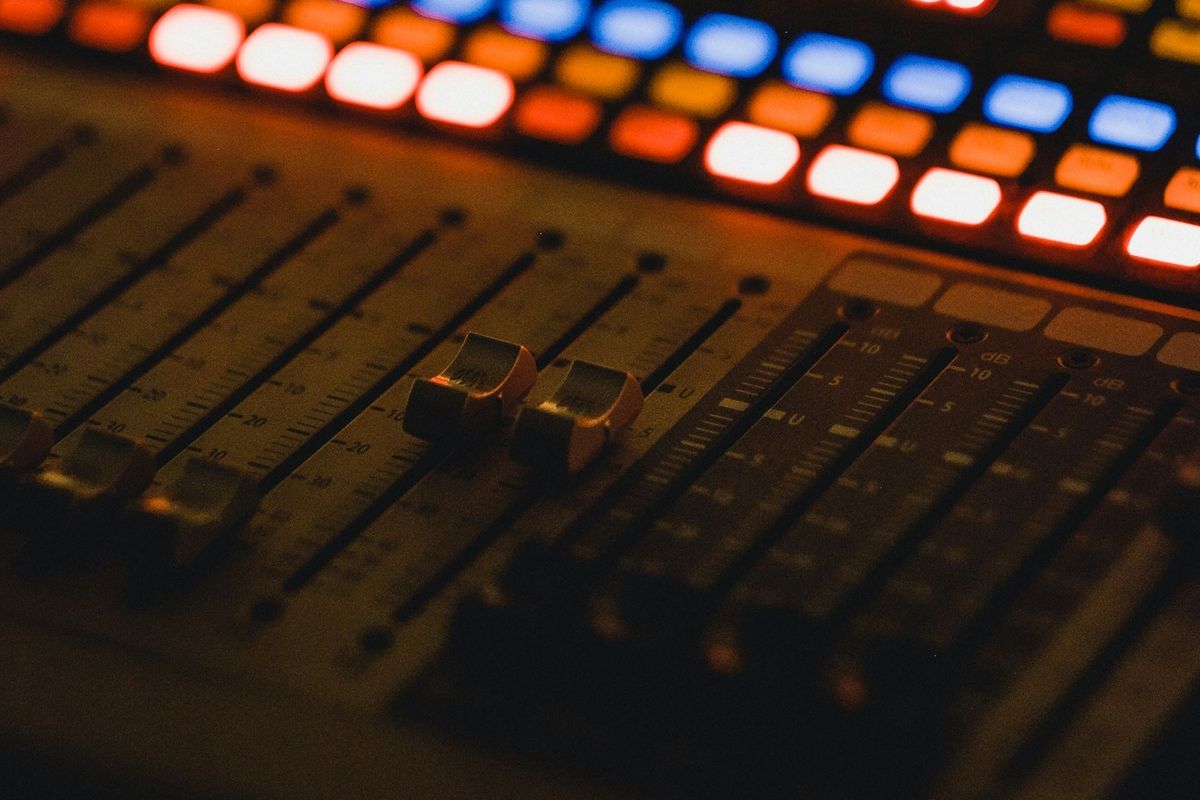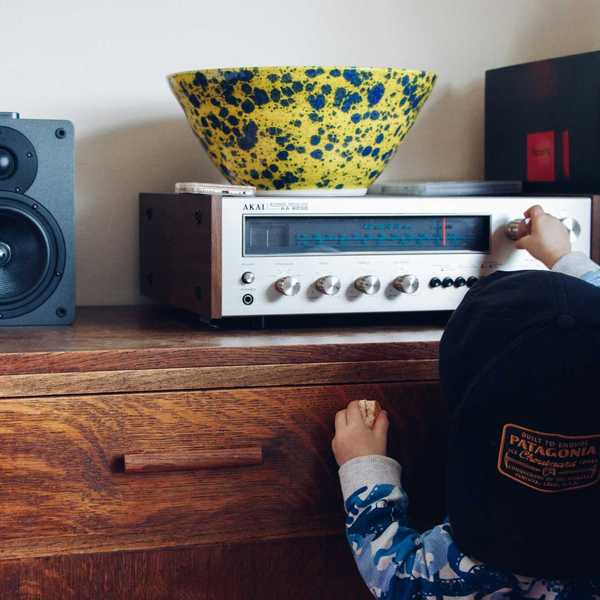New Brunswick Radio Station Accidentally Plays AI-Generated Song
The song, "Je m'offre à toi" aired on CKRO-FM, though the station didn't learn until after that the song and its singer, Océanne Chamberland, is an AI creation.

A New Brunswick radio station set an accidental precedent for Canadian radio.
CKRO-FM played an AI-generated song, "Je m'offre à toi," marking a first for a Francophone community radio station in Canada. CBC News reports that the station wasn't aware of the song's AI content when they played it, as the song had been added into rotation through an automated system.
But Pierre Côté, the man behind the machine, is claiming it as a victory. He's the founder of marketing company Radical Transparency Agency and used AI to generate the music for "Je m'offre à toi."
The song's artist, Océanne Chamberland, is not human and the AI-generated image attached to the song reflects the ways in which AI art can reproduce and exacerbate problematic norms. The photo shows a thin white woman in a bra, with giant eyes and lips, under the song's title — which in English means, "I give myself to you."
"The point is, it's now possible for virtual artists like Océanne Chamberland [to] create a really good song in French and play on every station," says Côté, who wrote the song's lyrics.
Jean Surette, executive director of Music New Brunswick, had a different perspective. "I don't like the way that it's being portrayed as a real person," he told CBC News. "We're in uncharted territory."
Station Manager Michael Jacob said that the station wouldn't have played the song, had they known it was AI-generated.
The song is from the perspective of a woman describing herself as trapped and seeking sexual release. A compressed version of the song is available to listen on YouTube via RTA.
"This event enriches French-Canadian content, promotes cultural diversity on the local airwaves, and symbolizes an openness to new forms of artistic expression," reads RTA's YouTube description, referring to the song's radio play.
This isn't the first time AI-generated music has caused controversy in Canada this year. In January, Nova Scotia musician Ian Janes found that an AI-created album had appeared on his Spotify profile, without his permission.
The two stories highlight the myriad ways in which AI will pose challenges to music regulation and policy. Last year, artists like Billie Eilish, Metro Boomin and Arkells signed a letter in 2024 urging AI developers to "cease the use of artificial intelligence (AI) to infringe upon and devalue the rights of human artists."
As AI technology advances, cases like these will likely become more frequent, with implications for the whole industry.
- “F–k AI and AI Music”: Leith Ross Responds to Manipulated Songs Uploaded on Spotify Profile | Billboard Canada ›
- « Fuck AI and AI Music » : Leith Ross réagit aux chansons générées par intelligence artificielle publiées sur son profil Spotify | Billboard Canada ›
- Mac DeMarco Criticizes AI-Generated Music: ‘The Most Important Part of Art is the Human Element’ | Billboard Canada ›
















